Shop by Category
Brake Cable
3 products
Showing 1 - 3 of 3 products
Understanding Brake Cables: A Crucial Component for Safe and Efficient Braking
When it comes to road safety, a properly functioning braking system is paramount. Among the many components that contribute to effective braking, the brake cable plays a vital role. Whether you're riding a bicycle, motorcycle, or driving a car, the brake cable is an essential link between your braking input and the actual actuation of the brakes. In this article, we will explore the importance of brake cables, their construction, maintenance tips, and why they are crucial for safe and efficient braking.The Role of Brake Cables:
Brake cables serve as the connection between the brake lever or pedal and the brake mechanism itself. When you apply pressure to the brake lever or pedal, the force is transmitted through the cable, initiating the braking action. Whether it's a disc brake or a drum brake system, the cable's primary purpose is to convert your input into mechanical force, allowing you to slow down or stop the vehicle safely.Construction and Components:
Brake cables are typically made of high-strength steel wires, which provide durability and resilience to withstand the forces applied during braking. They consist of an inner cable, commonly referred to as the "core," and an outer casing or housing. The core is made of several twisted or braided steel wires, ensuring flexibility and strength, while the outer casing protects the core from dirt, moisture, and external damage.Types of Brake Cables:
a. Bicycle Brake Cables: In bicycles, brake cables are often categorized into two types: brake inner cables and brake housing. The inner cable transmits the braking force, while the housing protects it from the elements. The two most common styles for bicycle brake cables are the traditional wire cable and the more modern and efficient stainless steel cables.b. Automotive Brake Cables: In cars and motorcycles, the brake cables are usually referred to as brake control cables. They are commonly used in parking brake systems, where they connect the brake lever or pedal to the parking brake mechanism. These cables are designed to withstand higher loads and ensure reliable braking performance.
Maintenance and Replacement:
Regular maintenance of brake cables is crucial to ensure optimal braking performance. Here are a few maintenance tips:Inspect the cables regularly for signs of wear, fraying, or corrosion. Replace any damaged cables immediately.
Lubricate the inner cable periodically using a specialized cable lubricant to minimize friction and ensure smooth operation.
Check the cable tension and adjust if necessary. Improper tension can lead to poor brake response or excessive wear on brake pads or shoes.
When it comes to replacement, it is recommended to consult the vehicle or bicycle manufacturer's guidelines for specific instructions. A professional mechanic or technician can also assist you in ensuring proper installation and adjustment of the brake cables.
Importance of Brake Cable Integrity:
The integrity of brake cables is paramount for safe and efficient braking. A compromised or malfunctioning cable can result in decreased braking power, delayed response, or even complete brake failure. Regular inspections, maintenance, and timely replacement of worn-out or damaged cables are crucial for ensuring your safety on the road.Brake cables are a vital component of any braking system, enabling you to slow down or stop your vehicle safely. Understanding their construction, maintenance requirements, and the importance of their integrity can help you ensure optimal braking performance. By prioritizing the care and maintenance of your brake cables, you can enhance your safety on the road and enjoy a smooth and efficient braking experience.
Showing 1 - 3 of 3 products
Display
View
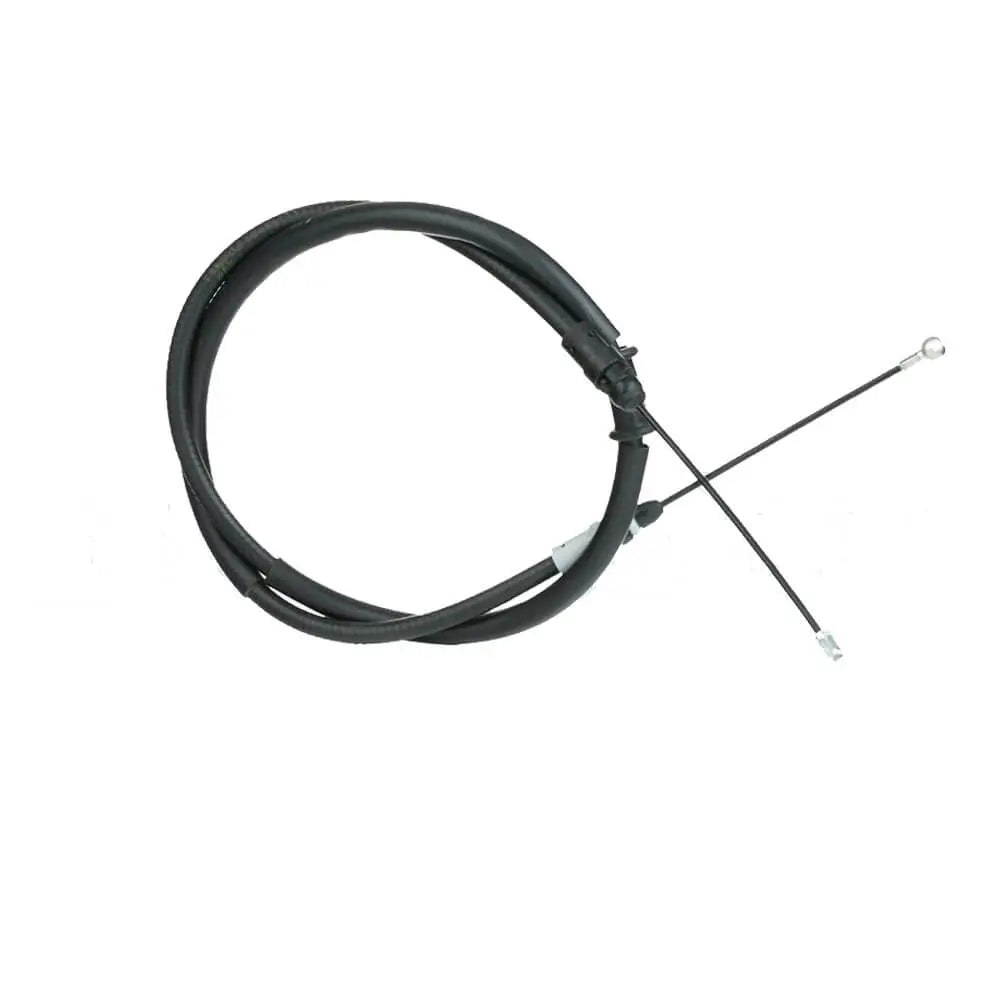
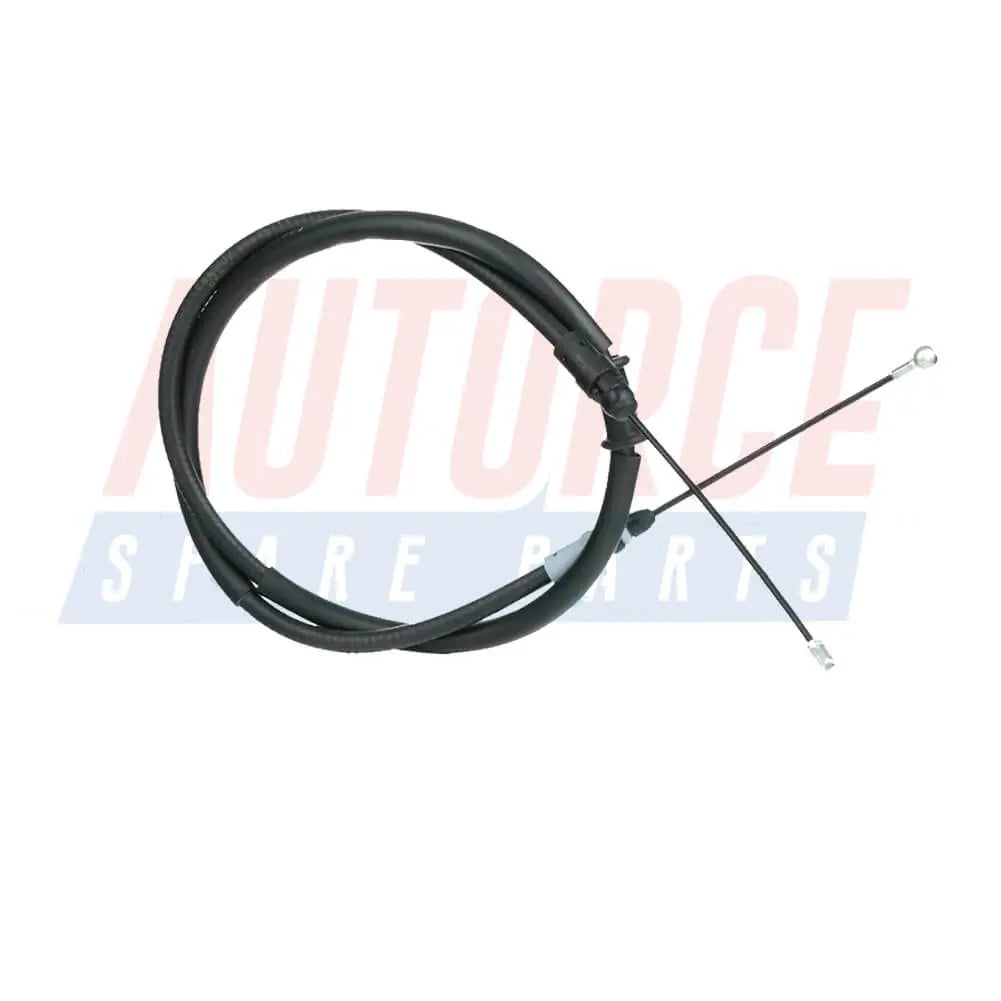
Rear Left / Right Handbrake Cable For VAUXHALL Movano - 93197706, 8200727569
Sale price£14.90
No reviews
In stock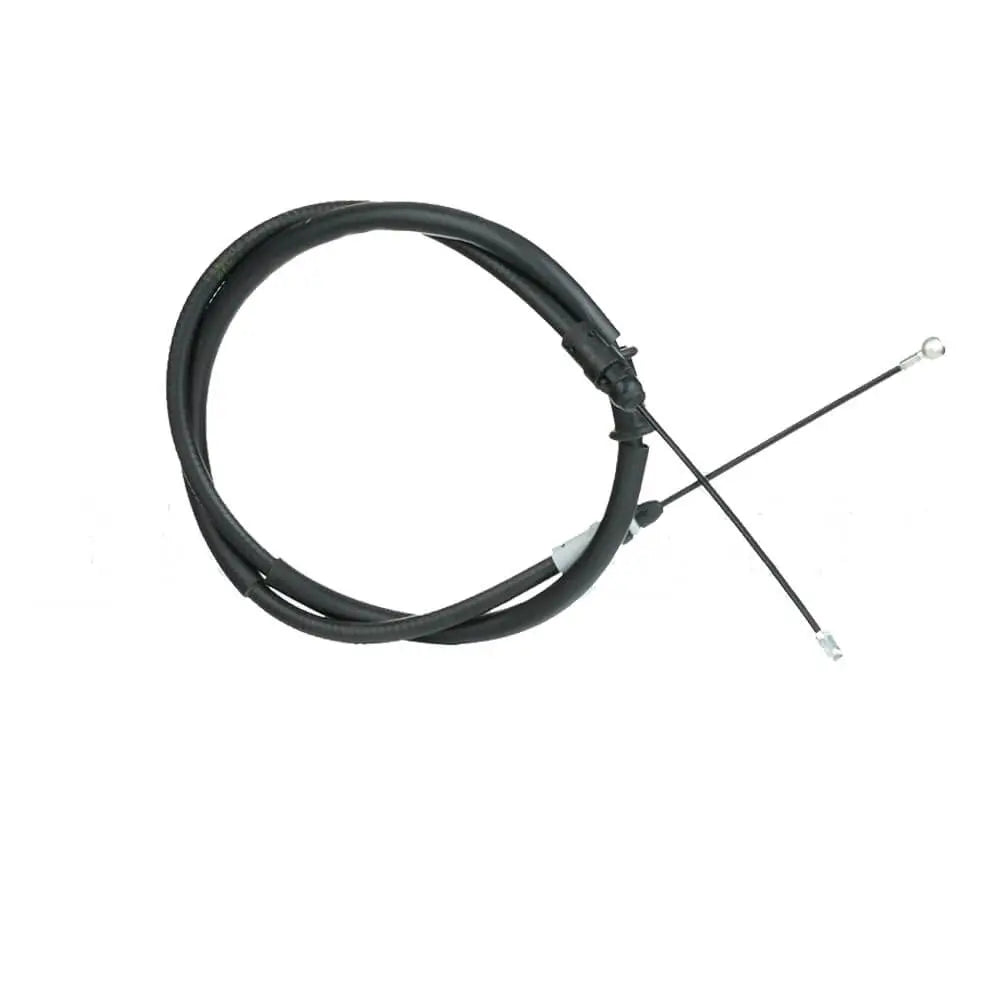
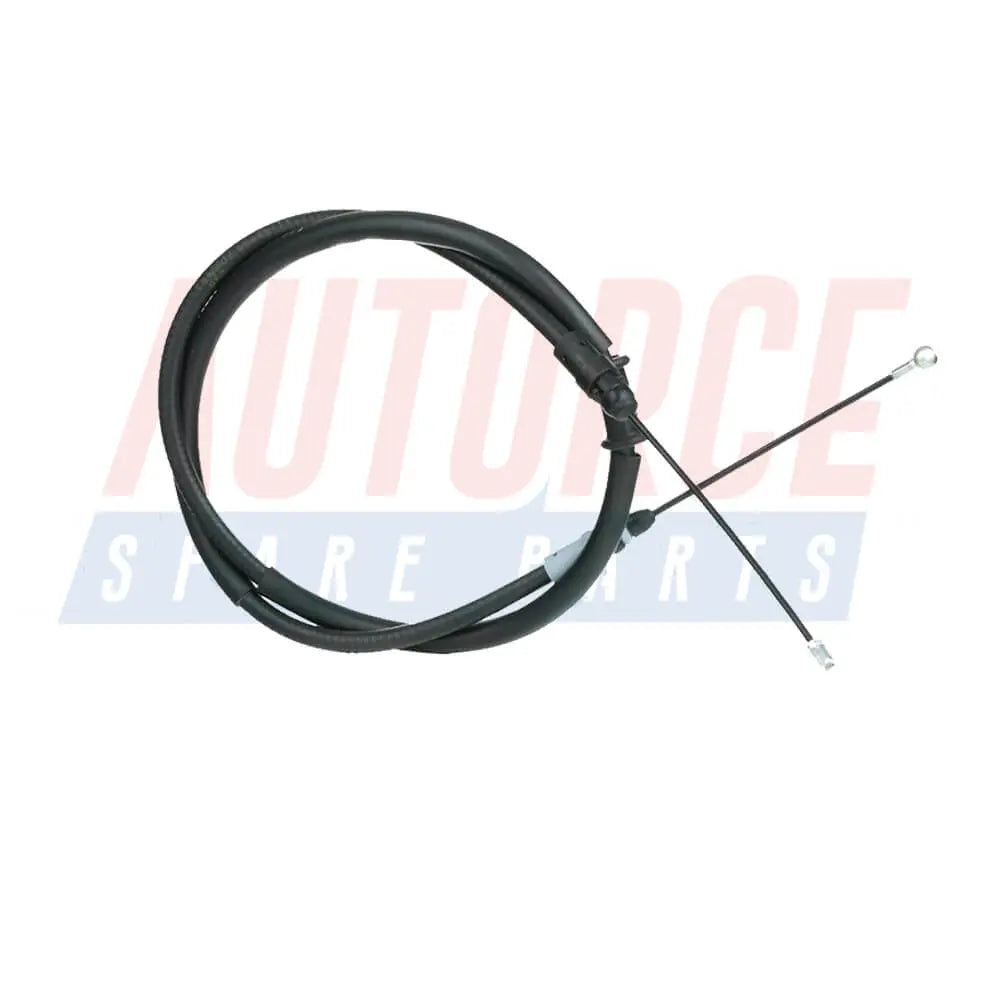
Rear Left / Right Handbrake Cable For Opel Movano - 4419612, 93197706
Sale price£14.90
No reviews
In stock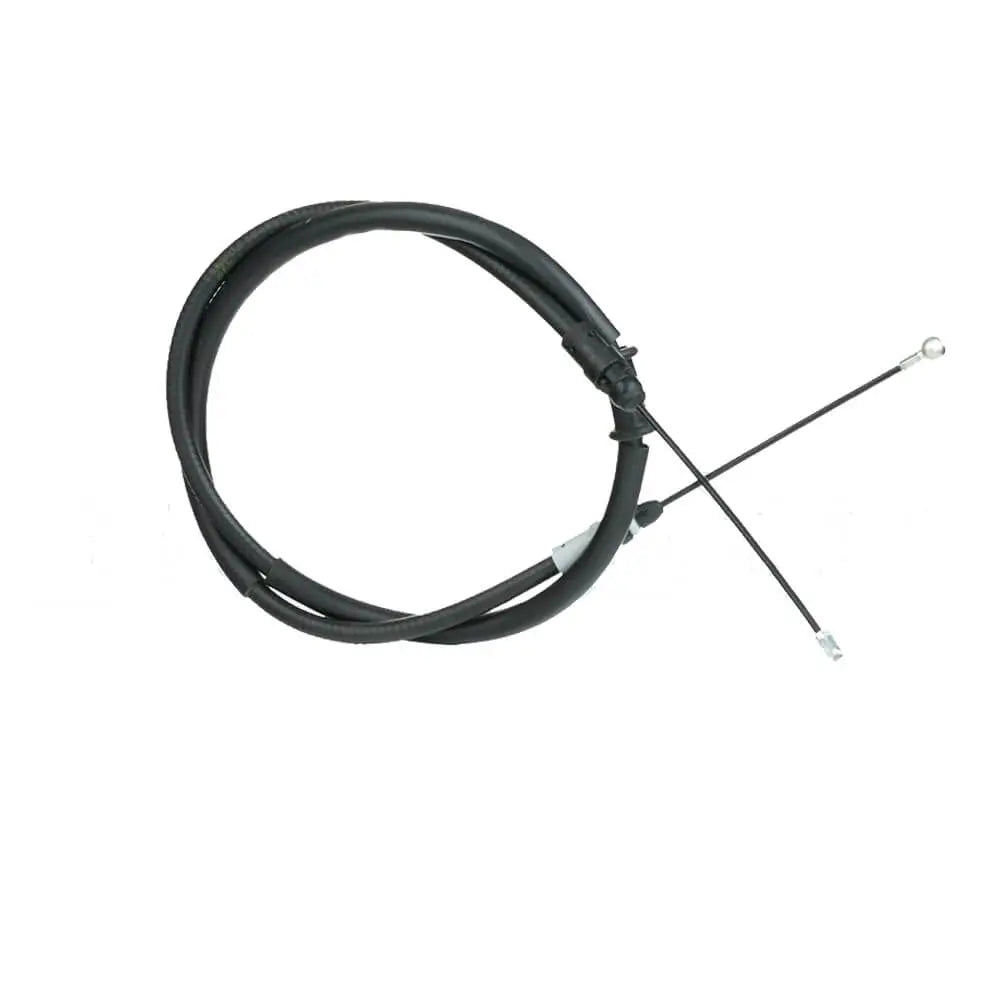
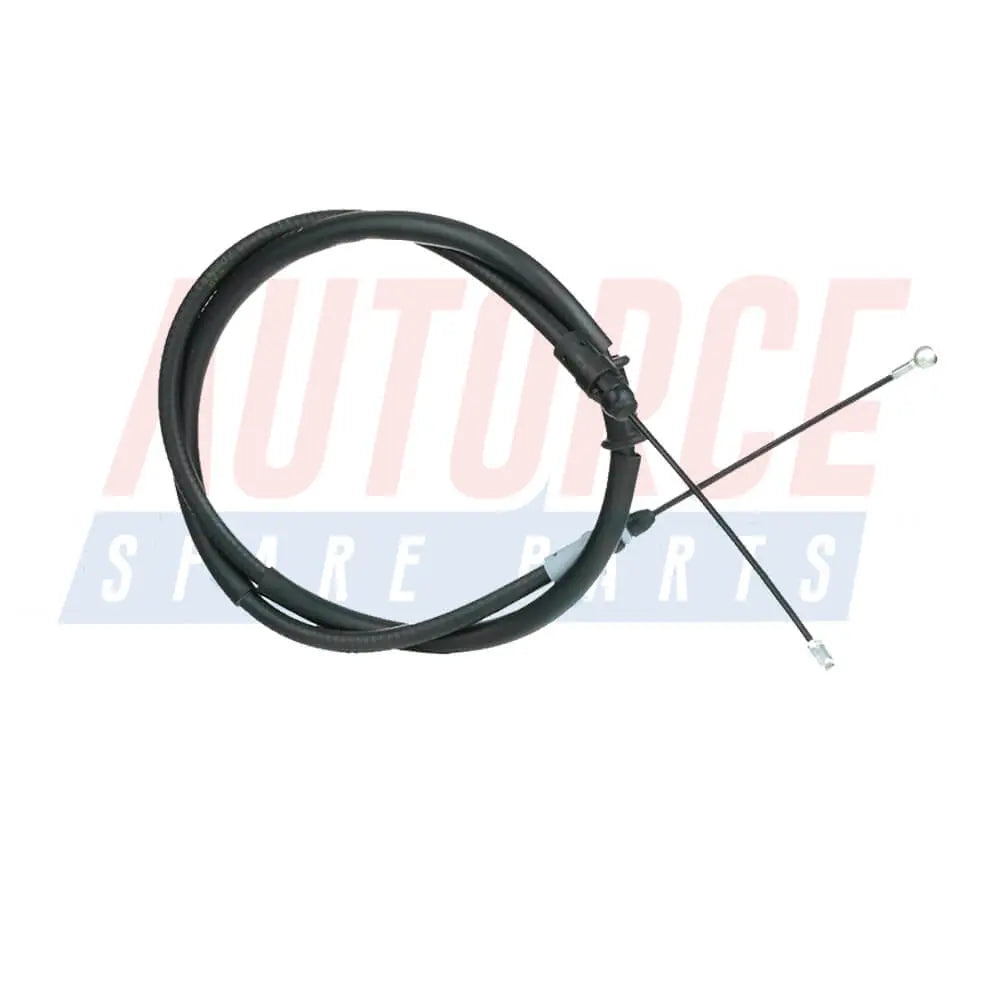
Rear Left / Right Handbrake Cable For Renault Master (2010 - onwards) - 8200727569, 8200 727 569
Sale price£14.90
No reviews
In stock
Filters (0)
